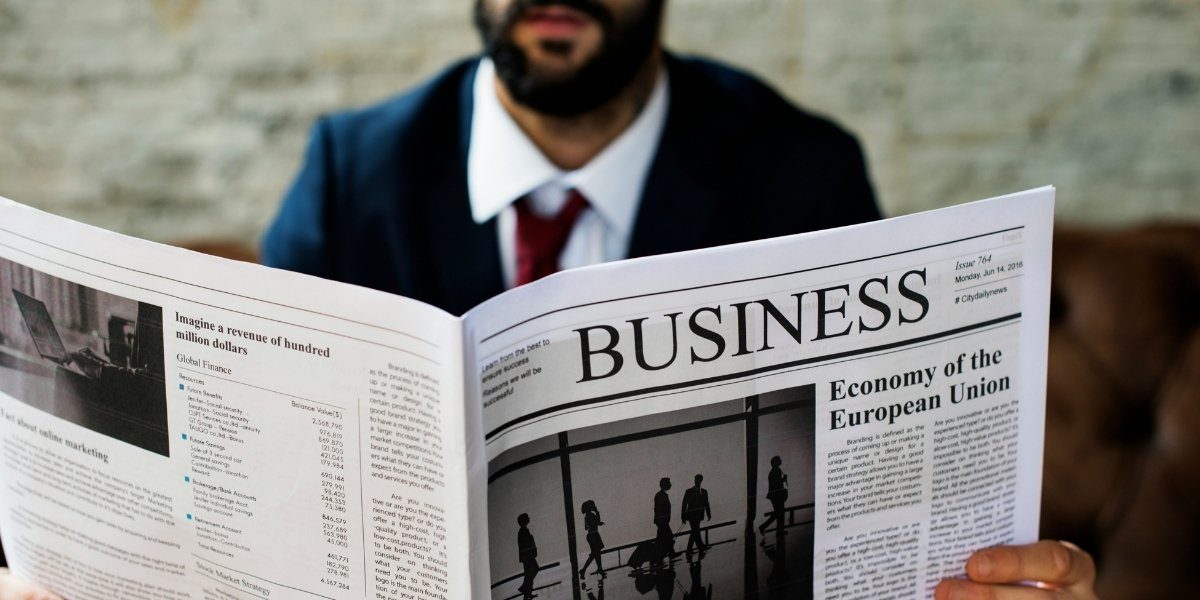Why Do the Ethics of Plagiarism in Journalism Matter Today?
In a world saturated with information, trust in journalism is more valuable than ever. The ethics of plagiarism in journalism serve as a foundational safeguard to ensure credibility, transparency, and respect for original work. When a journalist presents someone else’s writing, research, or ideas as their own, without proper credit, they don’t just violate a rule—they erode the very foundation of public trust.
Plagiarism is not simply about copying text. It’s about the failure to attribute effort, the misrepresentation of authorship, and the damage caused by intellectual dishonesty. This becomes especially critical in journalism, where integrity and objectivity are core to the role.
Read Also: Navigating Court Without a Lawyer: Is It Right for You?
What Counts as Plagiarism in Modern Journalism?
The ethics of plagiarism in journalism today extend beyond word-for-word copying. Direct quotes without attribution, paraphrasing another article without acknowledgment, or repurposing past work without disclosure all qualify. In some cases, journalists have been caught copying press releases or blog content, editing lightly, and publishing under their own name.
Technology has made it easier to lift content unnoticed, but it has also made detection easier. Plagiarism-detection tools used by editors, academic institutions, and media companies can now flag copied content within seconds. Still, the burden remains on journalists to maintain ethical discipline from the start.
How Does Plagiarism Undermine the Journalism Profession?
Journalists are not only storytellers—they are also public servants in the informational sense. Their readers rely on them to present facts, investigate deeply, and write truthfully. When plagiarism occurs, the resulting fallout affects multiple levels.
First, the individual journalist’s reputation can be permanently damaged. Many have lost careers over such offenses, even when the copied material seemed minor. Second, the publication’s credibility may suffer. Readers may begin to question not just one article but the outlet’s broader editorial integrity.
Finally, the broader media ecosystem feels the impact. In an era where “fake news” accusations and media distrust are widespread, incidents of plagiarism only amplify skepticism and disillusionment among the public.
Why Is Plagiarism a Greater Risk in the Digital Age?
The digital transformation of media has created new pressures and temptations. Deadlines are tighter. News cycles are faster. Content expectations are higher. In such a climate, cutting corners may seem like a tempting shortcut—especially for journalists who write on high-volume news desks or for websites chasing SEO rankings.
The ease of copying and pasting online content is part of the challenge. A reporter might stumble upon a compelling paragraph in a lesser-known blog and reproduce it without checking for authorship. The urgency of publishing first sometimes trumps the importance of citing well.
At the same time, the line between aggregation and plagiarism can become blurry. Journalists are often expected to summarize other reports or compile news from various sources. When done properly—with clear attribution—this is ethical. But when context is stripped away or citations are omitted, it becomes problematic.
What Ethical Standards Do Newsrooms Follow to Prevent Plagiarism?
Most reputable news organizations uphold clear policies regarding attribution and content originality. These guidelines often align with the ethical principles set forth by professional bodies in journalism.
Editors routinely instruct staff to cite primary sources, hyperlink when appropriate, and avoid unacknowledged paraphrasing. Some publications require reporters to disclose the origin of any secondary information, even if rewritten. Fact-checkers and copy editors play a role in spotting inconsistencies or suspicious similarities with known content.
There is also the concept of self-plagiarism. Journalists are discouraged from reusing their own previously published material without transparent acknowledgment. This ensures that each article represents original work, tailored for the story at hand.
How Can Journalists Stay Committed to Ethical Practice?
Staying ethical begins with mindset. Journalists must internalize the idea that every quote, idea, or line of data has an origin that deserves credit. Even when writing under pressure, respect for sources cannot be sidelined.
Education plays a key role. Young journalists benefit from early exposure to case studies where plagiarism had professional consequences. Newsrooms can reinforce ethics through training programs, peer feedback, and editor mentorship.
Technology can support, but it should not replace judgment. Tools that detect duplication are helpful, but personal integrity must guide the creation of every piece of content.
What Role Does the Audience Play in Promoting Accountability?
Today’s media consumers are more informed and connected than ever. They can quickly call out inconsistencies or uncredited passages, especially when content circulates across platforms. Social media makes it easier for people to flag instances of potential plagiarism and demand explanations.
This increased transparency creates both risk and opportunity. On one hand, mistakes become harder to hide. On the other, it encourages journalists to hold themselves to higher standards, knowing that their work is subject to public scrutiny.
When readers see that a journalist consistently credits sources, provides accurate context, and avoids sensational shortcuts, trust deepens. That trust becomes the bedrock for long-term engagement and loyalty.
Read Also: The Great Smartphone Debate: iOS vs. Android
Why Upholding Ethical Integrity Will Always Matter
The ethics of plagiarism in journalism today are not outdated codes—they are more relevant than ever. In an environment full of misinformation, manipulated narratives, and content overload, truth and transparency are precious.
Every journalist, whether seasoned or starting out, carries the responsibility to protect those values. That means respecting intellectual ownership, practicing honest attribution, and never taking shortcuts that compromise credibility.
The integrity of journalism does not rest solely on big investigations or exclusive scoops. It lives in the quiet, consistent decision to do the right thing—even when no one is watching.







